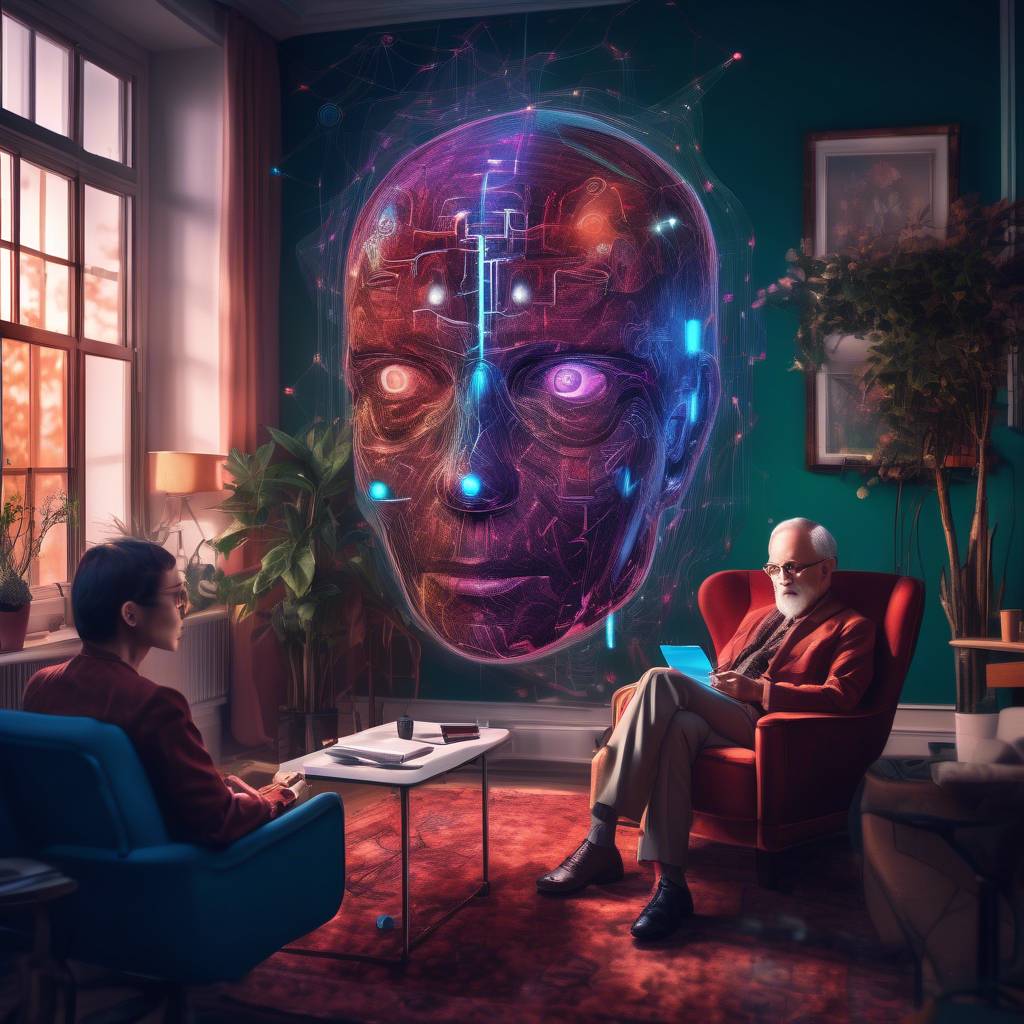Generative AI is increasingly being used in the field of mental health therapy, including for conducting Freudian free association. Through the use of generative AI, therapists can engage in dialogue with patients to uncover subconscious thoughts and emotions. This technology offers both benefits and concerns, including the potential for biased or negative analyses.
Free association, a technique developed by Sigmund Freud, involves patients expressing their thoughts, emotions, and memories without censorship. This method allows therapists to uncover hidden conflicts and gain insight into the patient’s psyche. Generative AI can assist in this process by providing prompts and analyzing the patient’s responses to uncover underlying issues.
While free association has been a foundational tool in psychoanalysis, some individuals may resist or find it challenging to engage in this process. Generative AI can simulate these scenarios, allowing therapists to practice working with resistant patients and develop their skills in therapy techniques.
It is essential to be mindful of the potential biases and ethical considerations when using generative AI in mental health therapy. The technology has the capability to influence and shape the therapeutic process, impacting the patient’s mental health outcomes. It is crucial to consider the implications of using AI in therapy and ensure that ethical guidelines are followed.
Overall, the integration of generative AI in mental health therapy offers new opportunities for therapists to enhance their skills and improve patient care. By leveraging AI technology, therapists can explore complex issues and provide more personalized treatment approaches. However, it is crucial to approach this technology with caution and ensure that it is used responsibly and ethically in therapeutic settings.









